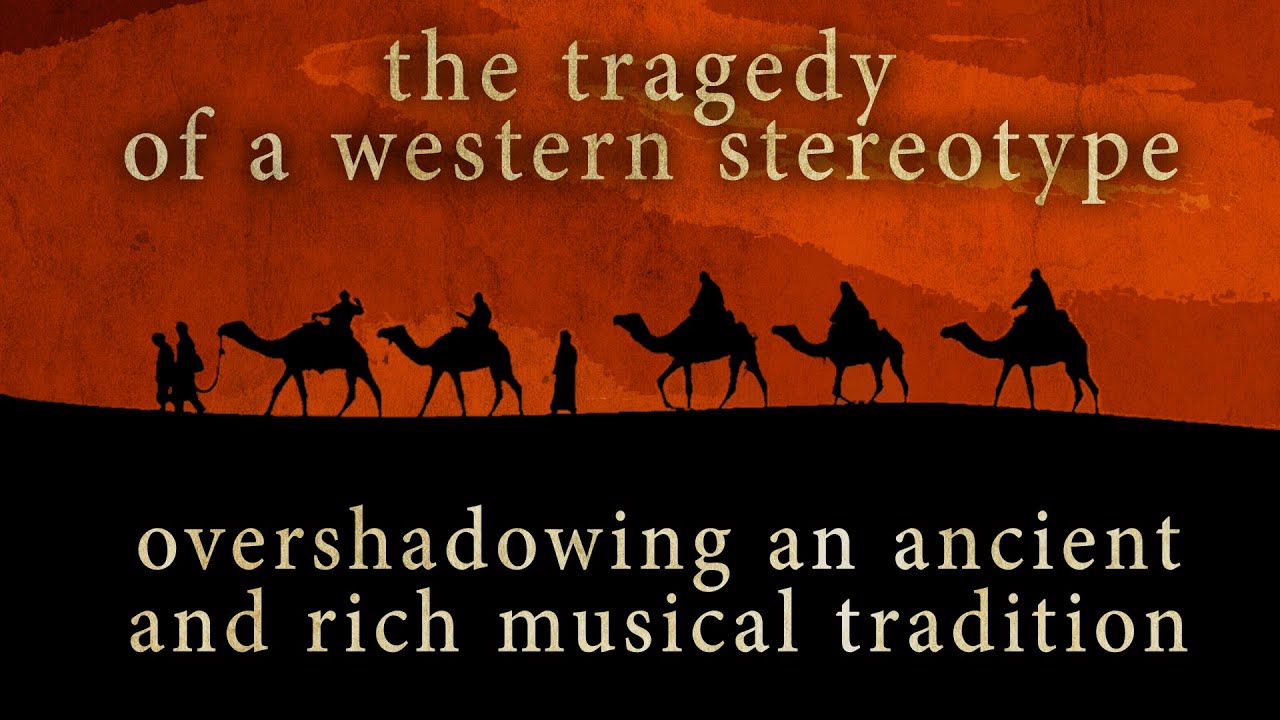I'm 10 minutes in and its a very excellent presentation on the oriental pig slop that the western media industry feeds our brainworms and an analysis of musical theory that touches on a few Iranian styles, Arabic styles, Turkish styles, and Balkan styles. Also dunks on dipshit orientalist music makers with takes like "Oh you like making Egyptian Persian music? Why not make some Estonian Scottish music, or Belgian Lithuanian music". Also shows how off some musical instruments are in orientalist music by comparing the Armenian Duduk being used in a soundtrack set in Morocco being akin to using the banjo for a scene set in the Soviet Union
I'll include a blurb he wrote in the comments as well.
__
So there is such a thing as Occidentalism but it's not the yin to the yang of Orientalism as some may think. Most often, it takes the form of irrational hostility towards the West rooted in an anti colonial narrative, like rejecting well researched truths presented by Western academia solely on the basis that it's Western. I've been highly critical of this in my videos. Occidentalism as a stereotypical view of the West, however, doesn't really exist as a symettrical counterpart to Orientalism.
The reason why it's mostly a one way street, and non-Westerners are generally better at representing the West than the other way around is because the West is currently the hegemon of this planet, in terms of cultural soft power. Therefore everyone around the world is intimately familiar with the generalities of Western culture because everyone is exposed to it.
The average Iranian who lived in Tehran all their life can tell a British accent is distinct from Scottish, and we do associate Received Pronunciation British with "posh." They do know the organ is a church instrument. Typical Western associations are well known to the average Iranian in Tehran.
At the beginning of the video, my uncle and I mention Mozart and Ketèlbey, Western Classical composers, and the musical form of "alla turcas," and "Baroque music". That's because every musician in the world knows Western music and its genres, styles, composers, etc. But it may take you months to find a single Classical Western musician who knows the names of Sheydā, Dimitrie Cantemir, or who know what the terms "peşrev" or "kalofonía" mean, and what musical forms they refer to.
All musicians around the world can play Western music. We all do chords, harmony, play the piano and guitar; we all know and are familiar with Western music theory. Only a tiny fraction of Western musicians learn any music theory outside of their own. There's a reason why Western musicians are the only ones who call their form of ethnic music "Music Theory," whilst everywhere else, even between them, people preface their music theory with the cultural specifier like "Iranian music theory," "Japanese music theory," etc. I'm aware that this presents a rather unflattering picture of the West, but please understand that this is not a consequence of us non-Westerners being oh so wiser. Not trying to portray Westerners as inherently bad or evil. If we were the current cultural hegemons of the planet, we'd be just like that. In 500 years, if China or Brazil become the next superpower, they'll be the ones generally ignorant about other cultures whilst everyone else knows about them. Average Westerners aren't ignorant by default, they simply naturally embody the traits of a region with hegemonic global cultural influence, and we non-Westerners are simply luckier than them because unlike them, we all grow up listening to both our music, and Western music.
TLDR: everyone in the world knows that Madonna exists. Most Westerners have no idea who Fairuz or Shajarian are. That's just how it is. Orientalism is mostly a one way street and not a symettrical yin and yang where Occidentalism is its perfect counterpart.
• I mistakenly use the term "Southeast Asia" in the video, but what I mean is "South Asia." Southeast Asia is countries like Laos, Cambodia, and I'm talking about the Desi cultures like India, Pakistan, Bangladesh, hence South Asia.



While that would be culturally insensitive, I'd like to see that lol.